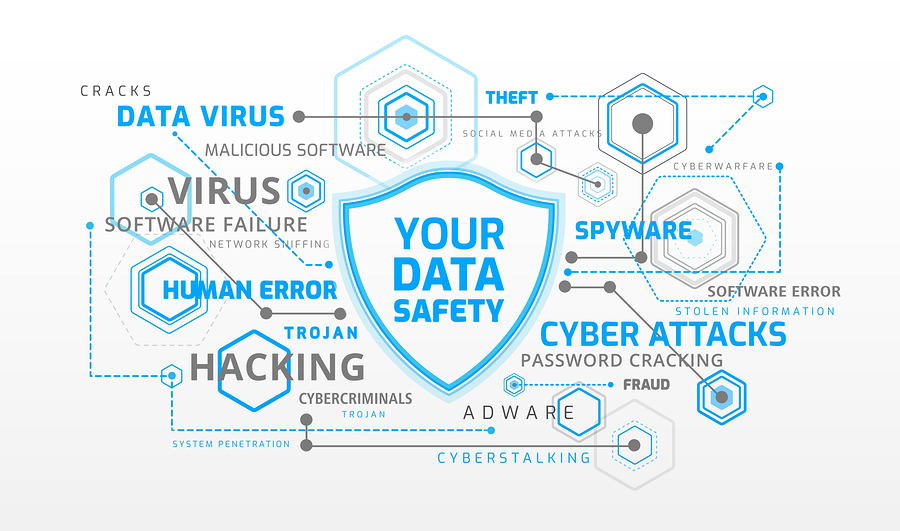What Are Three Commercial Risks Not Always Talked About
Operating a business involves managing a multitude of moving parts, and with it comes inherent operational risks. These risks, if not effectively addressed, can disrupt the smooth functioning of your business and impede its growth. In this blog post, we will delve into the top three operational risks faced by business owners and explore strategies to mitigate them. Work with a qualified agent that understands these kinds of risks and how to create effective risk reduction solutions, which may include commercial insurance.
Human Resources and Talent Management:
One of the most critical operational risks for any business is the management of human resources. Challenges in this area can include difficulties in hiring and retaining skilled employees, employee burnout, insufficient training, and workplace conflicts. A lack of an effective human resources strategy can impact productivity, morale, and overall company culture.
Mitigation Strategies:
- Robust Recruitment and Selection Processes: Develop comprehensive job descriptions, conduct thorough interviews, and implement rigorous background checks to ensure you hire qualified candidates who align with your company’s values and goals.
- Employee Development and Engagement: Provide ongoing training and professional development opportunities to enhance employee skills and engagement. Implement performance management systems to recognize and reward employee contributions.
- Clear Communication and Conflict Resolution: Establish open lines of communication to foster a positive work environment. Implement conflict resolution mechanisms and encourage a culture of feedback and collaboration.
Supply Chain Disruptions:
In today’s interconnected global economy, supply chain disruptions can have a significant impact on business operations. Disruptions can arise from factors such as natural disasters, transportation issues, supplier bankruptcy, or geopolitical events. Inadequate supply chain management can lead to delays in production, increased costs, and customer dissatisfaction.
Mitigation Strategies:
- Supplier Risk Assessment: Conduct thorough due diligence when selecting suppliers, assessing their financial stability, reliability, and contingency plans. Diversify your supplier base to minimize dependency on a single source.
- Business Continuity Planning: Develop a comprehensive business continuity plan that includes contingencies for potential supply chain disruptions. Identify alternative suppliers, establish backup inventory levels, and maintain open lines of communication with key stakeholders.
- Supply Chain Visibility: Utilize technology and data analytics to gain visibility into your supply chain. Implement systems that provide real-time tracking, inventory management, and demand forecasting to proactively identify and address potential disruptions.
Technology and Cybersecurity:
In today’s digital age, businesses rely heavily on technology to streamline operations and serve customers efficiently. However, this reliance on technology brings its own set of operational risks. These risks include cyber threats, data breaches, system failures, and inadequate IT infrastructure.
Mitigation Strategies:
- Robust Cybersecurity Measures: Implement comprehensive cybersecurity protocols, including firewalls, antivirus software, and regular data backups. Train employees on best practices for data security and implement access controls and encryption.
- Regular System Maintenance and Upgrades: Keep your technology infrastructure up to date with the latest security patches and software upgrades. Regularly monitor system performance and conduct vulnerability assessments to identify and address any weaknesses.
- Disaster Recovery Planning: Develop a comprehensive disaster recovery plan that outlines steps to be taken in the event of a system failure or data breach. Regularly test the plan to ensure its effectiveness and update it as technology evolves.
Operating a business involves inherent operational risks that require proactive management. By recognizing and addressing these risks head-on, business owners can minimize their impact and create a solid foundation for success.
Commercial insurance offers effective solutions for many of these as well as other risks your business faces.
Implementing effective strategies to manage human resources, supply chain disruptions, and technology challenges will help ensure the smooth functioning and long-term viability of your business.













